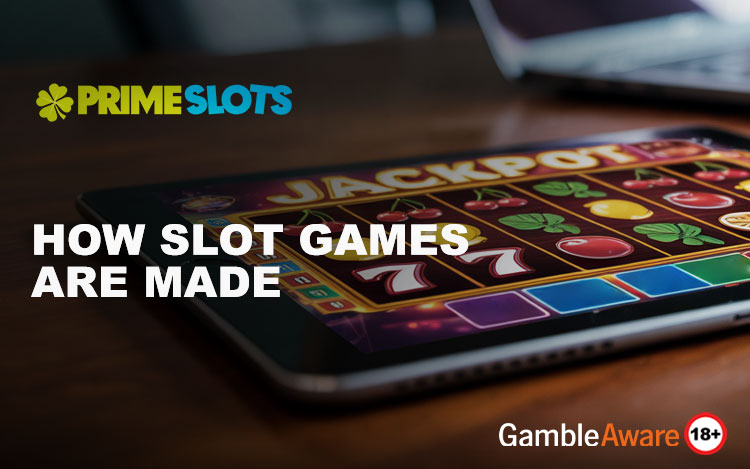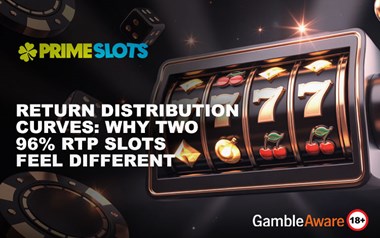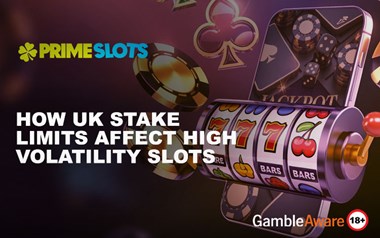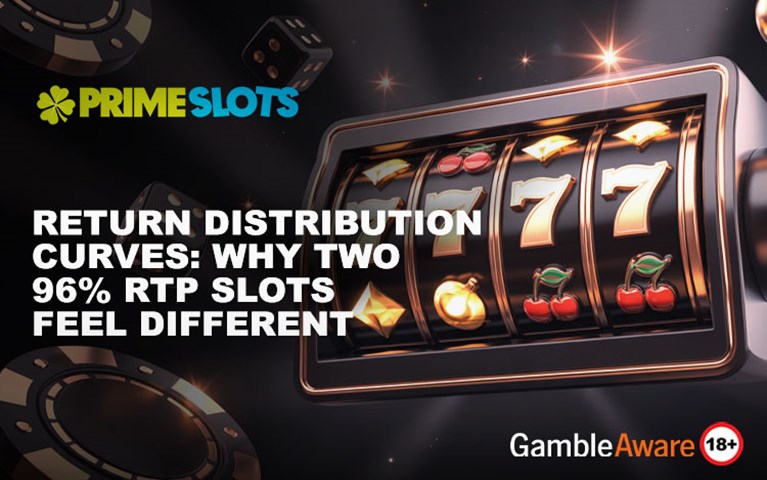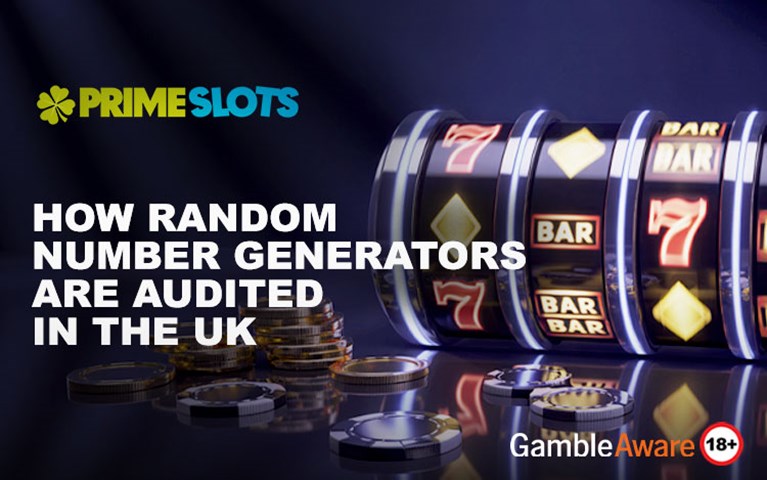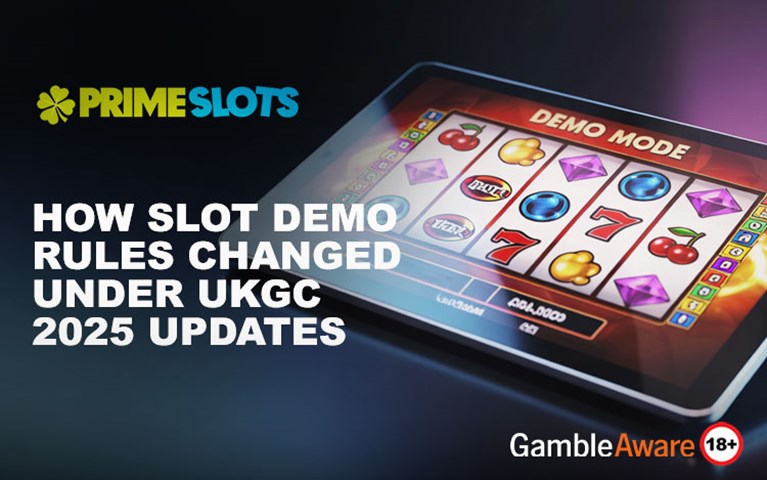When you load your favourite slot games, do you put any thought into how they came to be developed and made?
Don’t worry, most players don’t. But the process is fascinating; particularly when it comes to devising the mathematical models that determine the RTP and what unfolds with each and every spin of the reels.
In this article, we’ll walk you through every step of how slot games are made, from themes and initial concepts right through to development and licensing.
Come and take a peek behind the curtain with Prime Slots…
The Initial Concept
Like all media, a slot game is born out of an idea. It could be a specific theme that a developer wants to bring to the screen, or a new game mechanic that influences how the action plays out.
That initial game concept will then need to gain the approval of key decision makers – even large-scale operators like Pragmatic Play and Red Tiger only have the facility and resources to make a certain number of slots each year.
If given the green light, a team will be brought together – from designers and artists, who will create the visual look of the game, to the developers that will code and build it.
This squad will also include a mathematician, who is tasked with ensuring the slot is viable for both players and the casinos that will host it, plus a project manager to oversee each step of the process.
Doing the Math
The slot game development will see a random number generator hard-coded into the software. This ensures that every spin of the reels is fair, unpredictable and independent of the last.
Alongside that is the Return to Player rate (RTP), which determines how a slot game pays out. Although no two gaming sessions are the same and results will vary, the general concept is that a game with a high RTP will likely return more to players than lower RTP slots – typically, jackpot slots are low RTP… although the low probability of a high prize payout appeals to many players.
There’s also variance to consider. A slot of low variance generally pays out lower value wins more frequently, whereas a game of higher variance may see players go for longer periods without a win – but when they come, they are typically larger in size.
Once the decision has been taken on what RTP and variance level is required for the game, a skilled mathematician is then brought on board to determine how those numbers will be satisfied.
They will create the mathematical models and algorithms that will drive the outcome of the game, ensuring that it meets its RTP and variance levels over a huge number of spins. These details will be checked regularly by independent auditors, who will only allow slots onto the market that meet their designated RTP and variance.
Therefore, the job of the game mathematician is vital to ensuring a slot game is a success with players but also meets regulatory requirements.
Passing the Test
The only way that a slot game can be verified and approved is if it passes several rounds of independent testing.
In the UK, the Gambling Commission regulates online casinos and their games, with impartial third parties – such as eCOGRA and iTechLabs – contracted to ensure that slots meet their RTP and their set variance level, while confirming that the random number generator is working as it should.
Only slots that have been green lit by such an organisation will pass the rigorous testing phase; it’s worth remembering too that online casinos that don’t meet their licensing requirements can be heavily sanctioned, so there’s an onus on all parties to ensure that slots are fair and accurate.
Reaching Players
Of course, real money slots aren’t much use if nobody is able to play them, so development firms need to get their games onto the pages of online casinos.
To do that, they will sign a licensing agreement with the casino sites that they want to partner with.
This deal will outline the terms with which the two parties will operate, including a fee that will be paid by the casino to licence the game from the owner. That could be a flat payment or, more commonly, a revenue share model, from which the developer will take a cut of the revenue generated.
Some development firms will set up their own servers to house their games via a host licence; a casino will then pay a fee to offer the slots to their players.
Try the Best Slot Games at Prime Slots
So that’s how a slot game is developed from scratch, before ending up at a host like Prime Slots – it’s a process that can take longer than a year, but most players of the best games would agree that it’s worth it.
You know how they’re made, but do you know how to play real money slots? If not, that’s the next article of ours that you might want to read.


